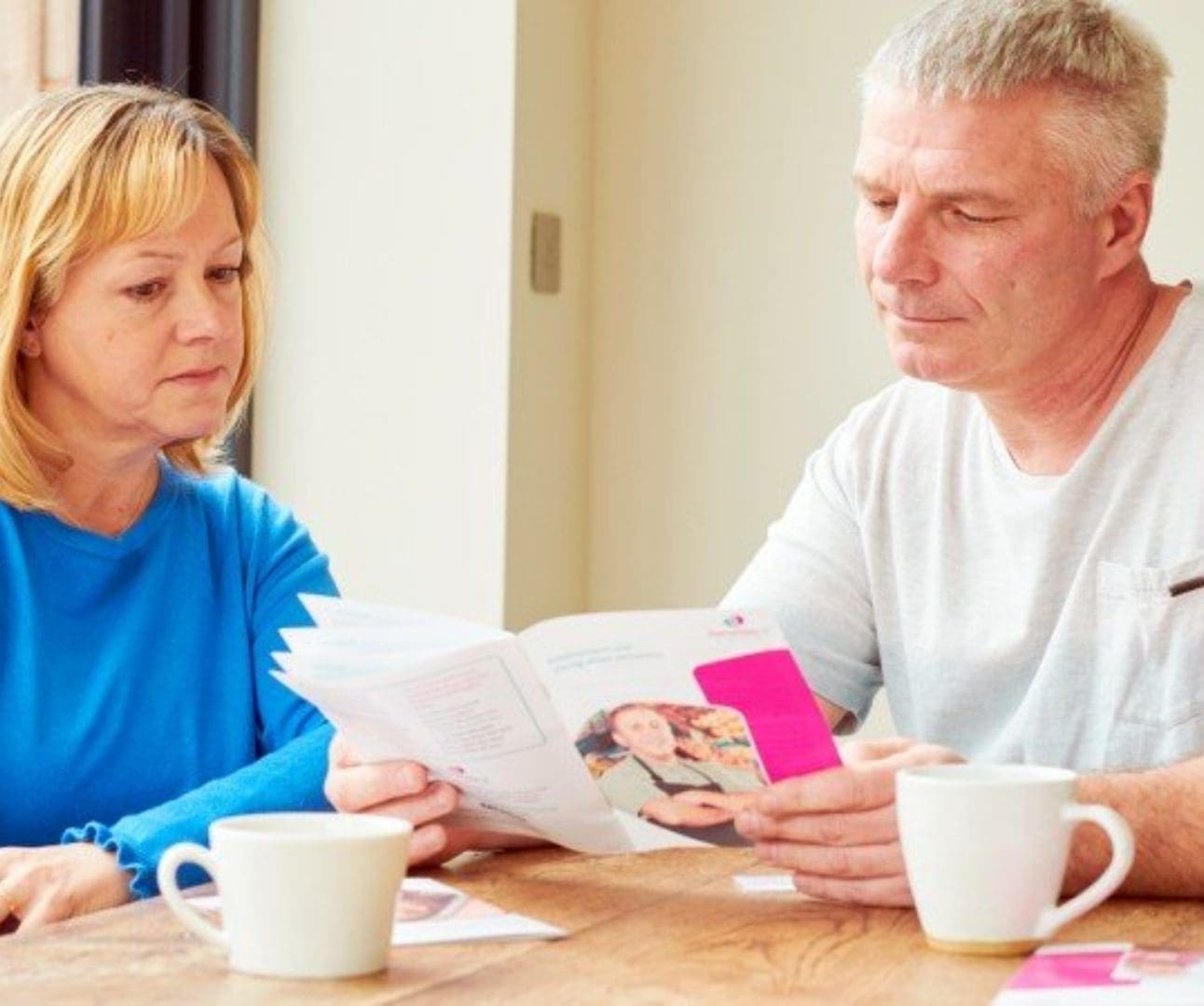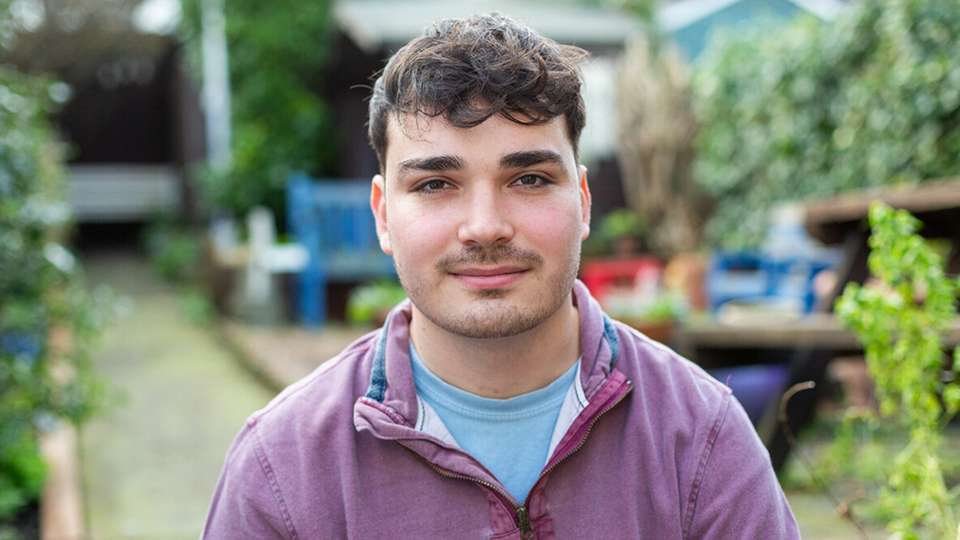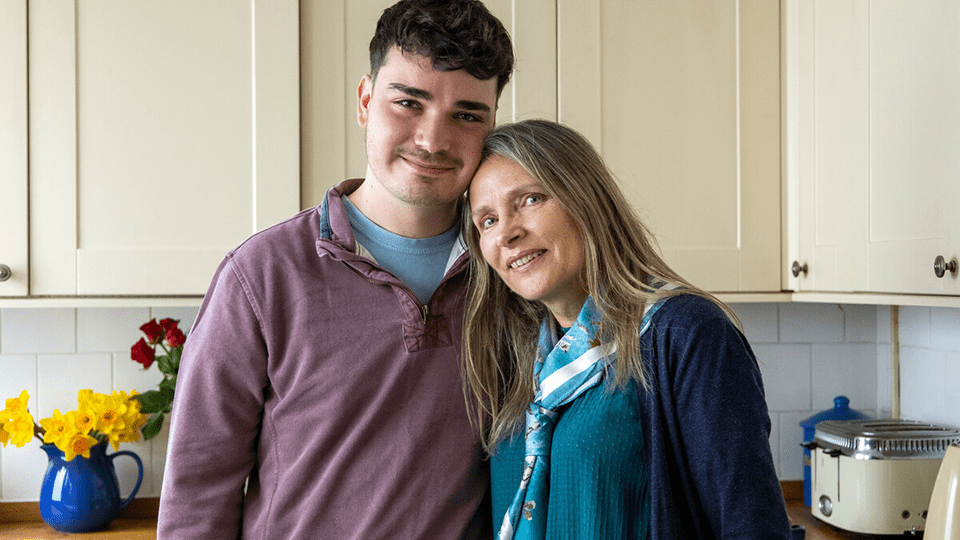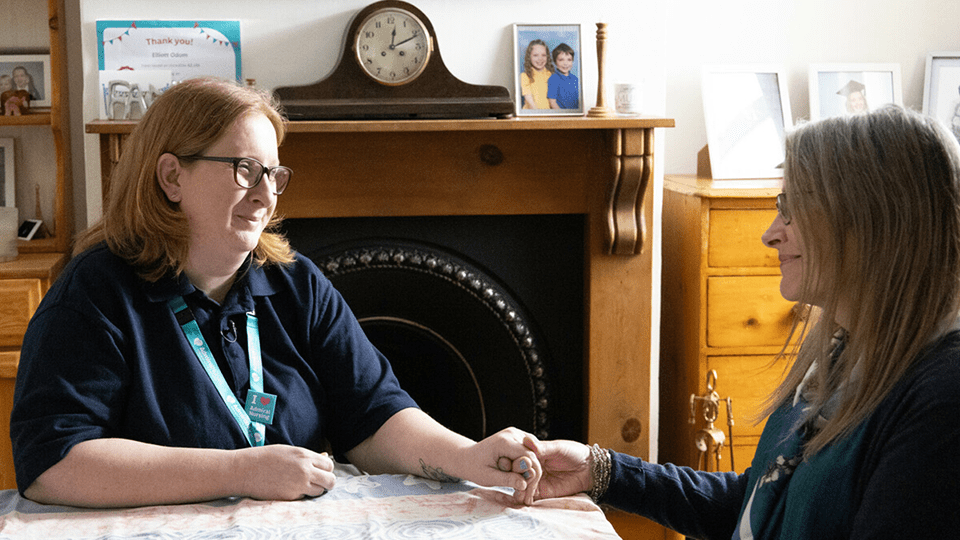
Young onset dementia
Information and resources about young onset dementia, where symptoms develop before the age of 65.
When Elliott’s father was diagnosed with young onset Alzheimer’s disease in his fifties, family life was changed forever.
I was 12 years old when Dad first showed signs of Alzheimer’s disease.
There were times when I would be at school waiting to be picked up only to find he had forgotten to come. He was always a good driver, but I noticed he’d forget to indicate, and would even have problems starting the car. The front door of the house would be left open when he went out. And packing his bag for work the next day began to take hours, not minutes.
Dad wasn’t even 60 when he was diagnosed with Alzheimer’s disease. I was still a few years off becoming a teenager, trying to navigate the transition between primary and secondary school. It’s a confusing time for anyone, let alone when you throw a parent’s dementia into the mix.
When you start secondary school, you really want to form new friendships and invite people over. But I didn’t know if this would confuse Dad or if he would be in a strange mood that day. I feel bad saying it but there was a level of embarrassment.
I didn’t talk to any of my friends about what was going on – partly because I didn’t really know how to talk about it, but also because I just wanted to be treated normally. I didn’t want sympathy.

Music was Dad’s great passion in life. He was raised in a musical family and learnt to sing and play a variety of instruments from a very young age. When he graduated from Cambridge, he travelled around the world conducting choirs. I have lost count of the number of evenings we spent at churches or concerts, watching him conduct. In these moments, you could see that he was truly in his element.
Dad’s passion for music soon turned to teaching, running private lessons with students of all ages. But as his dementia got worse, his pupils began to drop off. He wasn’t able to remember notes from previous lessons. Sometimes he’d forget the lessons altogether and not turn up.
This added a layer of financial pressure to the situation. My mum was forced to pick up more hours in different workplaces. At one point she juggled three jobs while caring for Dad and parenting me and my sister. She worked in the library, the local council and at a primary school. Despite this load, she never let on that it was something to worry about. She didn’t want us to be consumed with the stress of the situation, so she bore the weight of it.

Elliot with his mother, Janet
As a family, we really didn’t know too much about dementia and Alzheimer’s. We didn’t really speak about it. From our point of view, even just saying the word ‘dementia’ would be speaking it into life.
But then Jody – our dementia specialist Admiral Nurse – came into our lives and changed all of that.
I honestly can’t see how any family would be able to navigate dementia without an Admiral Nurse. Jody explained things in plain terms, organised carers, communicated with our school, and provided guidance to financial questions. And then just as importantly, there was the emotional support. She was a lifesaver for Mum.
With Jody’s help, we were even able to go on a dementia-friendly holiday with Dad. I’ll always cherish those memories of our last family trip together.
When Dad went into care it was the hardest time for me. I didn’t want him to leave home. But while we were used to having carers coming in from time to time, it soon became apparent that it wasn’t enough. His hallucinations were especially traumatic for all of us.
Jody instigated this conversation and helped us work through the decision to move Dad into full-time care, which was difficult beyond words.

Admiral Nurse Jody with Janet
I honestly believe music kept Dad going in the later stages of his dementia. Even when he couldn’t speak, he could sometimes sit down at the piano and play an amazing classical piece. When he was in hospital in his final weeks, we brought him an MP3 player and put the earphones in so we could play music for him. Even though his eyes were closed and he couldn’t communicate, you could see him light up and try to sing.
Not long after moving into full-time care, Dad passed away in the spring of 2019.
The funeral was a difficult day for all of us, but having Jody there meant so much. She had been with us along the journey, through our darkest days, and still keeps in contact with Mum.
I want our story to reinforce how important the Admiral Nurse service is. We couldn’t have managed without Jody.
Our virtual clinics give you the chance to discuss any questions or concerns about dementia, including young onset dementia, with a dementia specialist Admiral Nurse by phone or video call, at a time that suits you.

Information and resources about young onset dementia, where symptoms develop before the age of 65.

Amy shares how she, her younger sister Chloe, and their dad Rob cared for her mum who was diagnosed with young onset frontotemporal dementia, aged 47.

Rachel shares how caring for her mum, who has young onset dementia, has impacted her life.